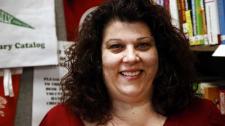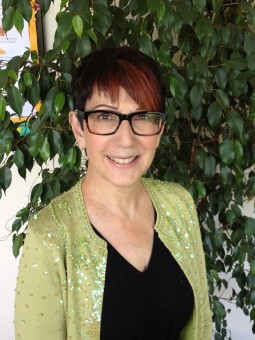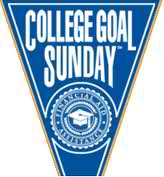Seniors: Apply, apply, apply… for financial aid!
Posted on Tue, 01/21/2014 - 11:02
The single biggest mistake families make in the college application process is failing to apply for financial aid. So, apply! Even if you think you won't qualify, apply. You may be pleasantly surprised. And sometimes you need to apply for federal aid to receive state aid or merit scholarships.
How do you apply? The FAFSA is required for any student seeking federal and state financial aid, including grants and loans at all colleges in the country. It can seem complicated, but there is help available -- and it's free. One of the best resources is College Goal Sunday, an information program that brings together financial aid professionals from colleges and universities along with other volunteers to assist college-bound students and their families complete the FAFSA (Free Application for Federal Student Aid). Calendars for their national programs, as well as state-by-state events can be found at their website here.












 Elsa Heydenreich Clark is the Director of College Counseling at
Elsa Heydenreich Clark is the Director of College Counseling at 

